#SamOnCampus
BU welcomed Sam Gyimah MP on Thursday as part of his #SamOnCampus tour. Wearing his Science, Research and Innovation hat, we started with a whistle-stop tour of some interesting projects with a focus on technology and priorities for the Department of Business, Energy and Industrial Strategy. The Minister was keen to be hands on simulator for knee operations with Dr Tom Wainwright from the Orthopaedic Research Institute, and tried out the eye tracking technology with Dr Sarah Bate from the Centre for Face Processing Disorders. He also discussed virtual reality and wayfinding in care homes with Professor Jan Wiener, the AfterGlow project with Vicky Isley and Paul Smith and discussed technological innovations in learning with Professor Elizabeth Falconer. The Minister then heard about BU from Professor John Vinney and Jim Andrews, and was interviewed by two of our BA Multimedia Journalism students. He then helped to break the ground for our Poole Gateway Building.
The main event was the #SamOnCampus event – billed as a dialogue between Sam and students and staff. The event was hosted by Alex Hancox, SUBU VP education with a welcome from the VC, Professor John Vinney and Daniel Asaya, President of SUBU. The Minster, who has called himself the “Minister for Students” and who started by saying that the HE sector has changed and that it is time for students to have a voice, was keen to discuss a wide range of issues, and as well as questions about higher education and fees and funding, a wide range of issues did indeed come up. It would probably fair to say that the Minister supported the government line on these issues (ie. austerity is not a belief system, it’s a necessity and homelessness is a priority issue that needs to be addressed). NB local MP Conor Burns later issued a call to action on homelessness locally so it will be interesting to see where this goes).
- The Minister responded to a question about the USS dispute (it’s a pensions dispute between some universities and their staff, it’s about a valuation and they need to sort it out – he didn’t mention compensation for students although he has tweeted about that a lot including today. He also said that it was not government policy to ban unpaid internships (because it might prevent legitimate unpaid work experience) but that he and the Conservative party did not agree with unpaid internships and he understood the issues that they caused for graduates, especially from disadvantaged backgrounds..
- On issues closer to home, the Minister agreed that mental health was a priority issue for student support but did not have any particular contribution to make. He also agreed that a wide range of extra-curricular activities were an important aspect of the university experience. When asked about freedom of speech he repeated that “university should be an assault on the senses” and said that students should challenge and be challenged even if that made them uncomfortable- but that did not mean that bullying and harassment should be allowed.
- He also repeated the usual line about there being no limit on the number international students. There was an interesting moment later when Conor Burns MP, thanking the Minister, challenged him to join him in lobbying for students to be removed from migration targets.
- The Minister was asked about support for creative subjects, in schools as well as in HE – and he said that he thought this was very important – although he did not have a response on the specific question about bursaries for those training to be teachers in the creative subjects.
- When asked about subject level TEF and the challenges of explaining a gold institution with a bronze course, for example, the Minister replied that it was important that applicants had access to information, including about salaries on graduation, and how he thought that the difference in graduate outcomes was a relevant fact. However, he quickly went on to say that other things were important to the university experience as well as salaries afterwards.
- And on fees and funding he repeated the explanation that has been given by everyone including the PM and Jo Johnson about how the current system in which graduates contribute to their fees is fair, that the system is essentially a graduate tax with government subsidies built into it. He also said that abolishing fees was unrealistic. When asked about plans for differential fees he said that there were no plans for differential fees but there is an ongoing review. He said that he did not have answers but would take back and look into questions about postgraduate support and support for disabled students, and a number of comments were about living costs, which is also being considered by the review.
The Minister asked the audience several questions, including what their priorities would be if they had his job. He also stayed for some time afterwards chatting to students.
The Minister gave the impression of genuinely wanting to hear what students had to say and was keen to engage and respond, not afraid to give potentially unpopular responses – but he did not have answers to all the questions and did not engage in detail on some of the issues that are important to students – e.g. mental health. It will be interesting to see if there is any follow up on these issues and what the Minister takes away from his tour overall.
Subject level TEF
On Monday last week the Department for Education announced a 10 week consultation on the subject level TEF – see the press release. The Times Higher published an article.
Consultation questions include:
- 2 Do you agree that we should have a longer duration and re-application period in subject-level TEF?
- 3 Should subject-level TEF retain the existing key elements of the provider-level framework (including the TEF criteria, the same suite of metrics, benchmarking, submissions, an independent panel assessment process and the rating system)?
- 8 Do you agree that grade inflation should only apply in the provider-level metrics?
- 11 Do you: a) agree that QAA Subject Benchmark Statements and PSRB accreditation or recognition should remain as a voluntary declaration, and if not, why? b) think that there are any subjects where mandatory declaration should apply?
- 13 On balance, are you in favour of introducing a measure of teaching intensity in the TEF, and what might be the positive impacts or unintended consequences of implementing a measure of teaching intensity?
- 14 What forms of contact and learning (e.g. lectures, seminars, work based learning) should and should not be included in a measure of teaching intensity?
- 15 What method(s)/option(s) do you think are best to measure teaching intensity? Please state if there are any options that you strongly oppose and suggest any alternative options.
We’ll be preparing a response to this so please contact policy@bournemouth.ac.uk if you would like to be involved.
In a related announcement, the Minister will also launch an Open Data competition, the first of its kind in the UK HE sector, which will use selected government data on universities so that tech companies and coders can create apps to help prospective students decide where to apply. This competition will build on the government’s recently published Longitudinal Education Outcomes (LEO) dataset, which gives information on employment and salaries after graduation. By democratising access to information about courses and their outcomes, it will help all applicants, regardless of their background, make better decisions and get better value for money. The Universities Minister added:
- “Our new Open Data Competition will open up Government data on universities for the first time. It will harness the creativity and enterprise of coders and tech businesses to create new tools to help applicants get value for money. And it puts government data to work for students, democratising the information Government holds about universities.”
Mature students
Timely for the HE review, a report from Million Plus on “Forgotten Learners: Building a system that works for Mature students”. Recommendations are that:
The Government should:
- Review student finance to assess whether there is adequate financial support for those with the lowest household incomes.
- Improve the financial support available for mature students so that those who are most disadvantaged are not having to rely on high levels of paid employment to maintain themselves financially, thereby damaging their ability to progress at university.
- Restore maintenance grants for students in England through the Student Loans Company so that mature students are not discouraged from entering higher education due to maintenance costs and students from lower socioeconomic backgrounds do not graduate with greater levels of debt.
- Further relax the equivalent and lower qualifications (ELQ) restrictions for some ‘second-chance’ learners.
- Establish a system of tuition fee loan write-off for nursing and midwifery students in England (post-2016) after a minimum period of public service e.g. 5 years. This will help combat problems with both recruitment and retention in these professions.
- Maximise the flexibility of learning options in higher education so that mature students are not discouraged from going to university. Move to a more flexible system that allows students to tailor their study to the pace of their life makes university education feasible for those with existing commitments. This must be replicated on the level of funding, to create a system in which mature students do not have to commit to a full year’s worth of financial and personal commitment.
The OfS should:
- Prioritise mature students as a key target demographic within the widening participation agenda.
- Use its powers as a regulator to secure meaningful, sustained and stretching commitments from universities in their Access & Participation Plans in relation to mature students.
- Encourage and incentivise universities to design effective approaches to mature student recruitment and to expand funding for that recruitment and for financial support.
Universities should:
- Further improve engagement with mature students to acknowledge their diversity and establish places/opportunities on campus for mature students to meet each other, particularly those in similar age brackets.
- Continue to provide flexible routes into higher education.
- Ensure there is adequate support for students with caring responsibilities, so that these do not act as a barrier to entry or completion.
- Avoid any changes to term timetables that may increase childcare costs for mature students.
- Be bold in targets and ambitions outlined in Access and Participation Plans relating to mature students.
- Promote the range of support (financial or otherwise) that is available to mature students.
Brexit
Research Professional had an article on the UK being frozen out from EU agencies and research post Brexit. The EU has apparently said that participation in things such as the European Medicines Agency is “cherry picking” and unacceptable – will they take the same view on Erasmus? There are separate guidelines on research frameworks which say that the UK would be treated as a third country, can only take part if we make a net contribution and give up decision making powers. The UK currently benefits, taking 40% more out than it puts in, so that looks unhelpful too as an approach.
Spring Statement
Please find below initial headlines from today’s Spring Statement, the following links provide a good overview:
After reflecting on the growth and public finance projections, the Chancellor said at the Autumn Budget he would set a path for spending from 2020, with a Spending Review taking place in 2019. He indicated that if in the Autumn the public finances continued to reflect improvements, the Treasury would be able to increase public spending.
Other announcements included:
- How £5bn set aside for Brexit planning will be spent
- April 2018 will see Construction Skills Fund open for bids
- Department for Education will release up to £80m to help small firms take on apprentices
- The Office for National Statistics have been asked to work on a better assessment of human capital, so investment can be better directed
- Government are inviting cities to bid for money from a New Transport Fund announced in the Budget 2017.
- There is a new consultation on how to encourage cashless and digital payments whilst ensuring access to cash remains for those who need it
- Government will consult on the whole supply chain for single-use plastics – Hammond indicates will not simply be about raising revenue but about changing behaviour. Suggests £20m will be available for businesses and universities research innovation in this area.
- Government are agreeing deals with local areas who are willing to build lots of houses and confirms one has now been agreed for the West Midlands – says a few other housebuilding schemes – like one with Lloyds Bank – will be boosted.
Widening Participation
The Office for Fair Access (OFFA) has published an impact review by Nursaw Associates which has found that “our approach to research and evidence has been successful in helping higher education providers to improve access to and participation in higher education by working in more effective ways”. The document can be found on the OFFA website.
Taking an evidence-led approach to access and participation- “You cannot regulate if you do not understand.” – Academic interviewee In September 2017, we commissioned Nursaw Associates to carry out an impact review of how far the activities of our Evidence and Effective Practice function have successfully met the objective of our Evidence Strategy to support and challenge the sector to continually improve outcomes through the generation of and learning from robust evaluation, research and analysis.
This impact review has demonstrated that:
- our approach to evidence and effective practice has influenced behaviour in universities and colleges and driven change in access and participation
- our dual ‘support and challenge’ approach has enabled us to work effectively with colleagues at every level across the sector and secure much-needed improvements in access and participation work
- the research we have produced and commissioned has been highly valued by the sector, viewed as both credible and
Why did we do this? – Our 2015-2020 Strategic Plan called for universities and colleges to take an increasingly evidence-led approach to improving performance on access and participation across the whole student lifecycle – from entry right through to the transition to work or further study. Alongside this challenge to institutions, we have also been developing a more evidence-led approach to our own policy and practice. This impact review forms part of our commitment to more intelligent regulation, and was intended to:
- demonstrate the key role of evaluation and evidence in effective policy decisions
- provide evidence to inform discussions about the shape of evidence policies in the new Office for Students (OfS).
What did we find?
Support and challenge – In the minds of institutions, there is significant interdependence between OFFA’s evidence and effective practice work and its regulatory function, with 81 per cent of survey respondents considering that OFFA’s role should be to both regulate higher education and support the sector in its efforts to widen participation.
The value of research to institutions – Survey and interview responses highlighted that OFFA’s research and evaluation work is valued by institutions in terms of:
- benchmarking against other institutions
- highlighting where they can improve their approach
- enabling change in the institution
- identifying best practice.
Widening participation staff felt that OFFA enabled them to influence leaders to understand the importance of their work, and would like OFFA to be more visible in the practitioner community, for example via targeted events and direct communications.
Case study: understanding the impact of financial support – Our research to understand the impact of financial support has led to significant change, with over 57 per cent of institutions from the access agreement analysis using the financial support toolkit developed through this work.
Relationship building – 88 per cent of survey respondents described having a close working relationship with OFFA, which was seen as positive and important for effective regulation. Interviewees from further education colleges (FECs) reported feeling more distant from OFFA, explaining that they don’t consider a close relationship with OFFA to be necessary, but would like opportunities to share and discuss best practice with other FECs.
A sea change – Interviewees reported that OFFA has had a positive impact on the sector, with one describing OFFA creating a “sea change”. This is borne out by access agreement analysis which demonstrates a significant increase in evaluative activity within institutions: only 10 per cent of access agreements in 2013-14 mentioned an evaluation framework, which had risen to 57 per cent in 2018-19. However, interviewees widely acknowledged that evidence and evaluation are not yet embedded into the work of the sector and require further support and intervention from the regulator. Many did not believe that the evaluative work would continue at the same level without the commitment and support from OFFA.
Recommendations – The review has provided valuable learning for OFFA as the current fair access regulator, which we hope will be developed by the OfS as the incoming regulator. We encourage the OfS to:
- consider all their communications with the sector to ensure that they are both challenging and supportive
- engage with groups of institutions to work together and share best practice, research and evidence
- ensure that research and evaluation tools are accessible for different types of institution and different staff within an institution (for example, those who do not have a research background)
- continue to commission research and evaluative studies, using their understanding of the sector alongside their work with government to identify areas for research and evaluation.
- ensure they widely publicise the conferences and events they contribute to and organise.
We hope that institutions will:
- celebrate the work they do and work together to keep sharing excellent practice
- continue to engage with widening participation policy makers
- continue to invest in their widening participation staff
- be part of future research
- be their own champions for the importance of widening participation in their own institutions and across the sector.
Subscribe!
To subscribe to the weekly policy update simply email policy@bournemouth.ac.uk
JANE FORSTER | SARAH CARTER
Policy Advisor Policy & Public Affairs Officer
Follow: @PolicyBU on Twitter | policy@bournemouth.ac.uk
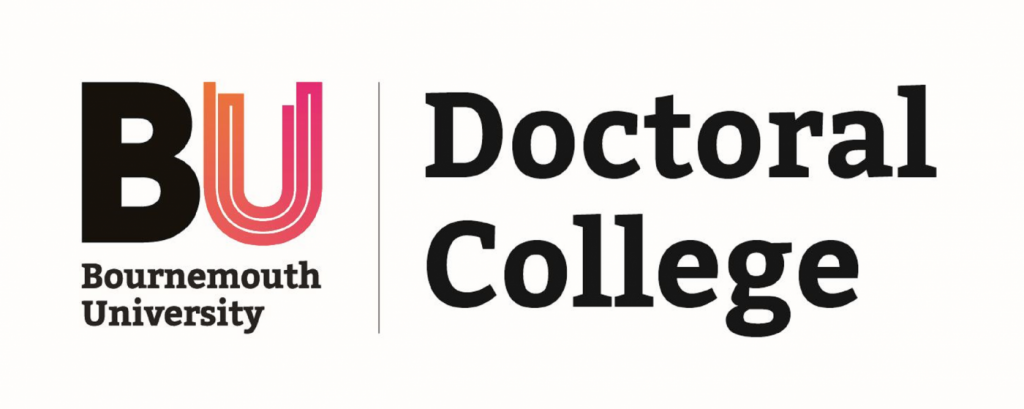
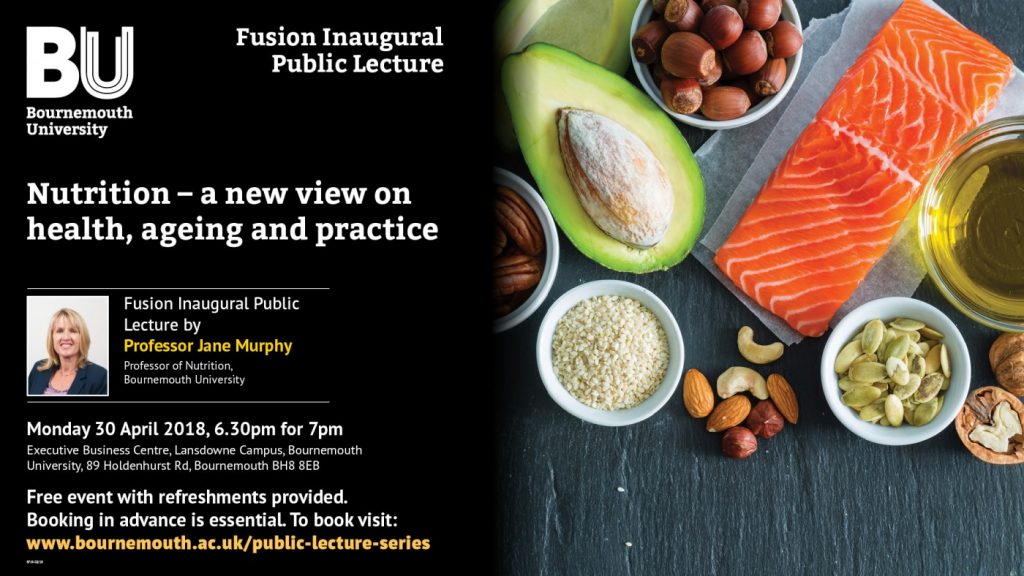
 NERC
NERC  A river moment in time
A river moment in time 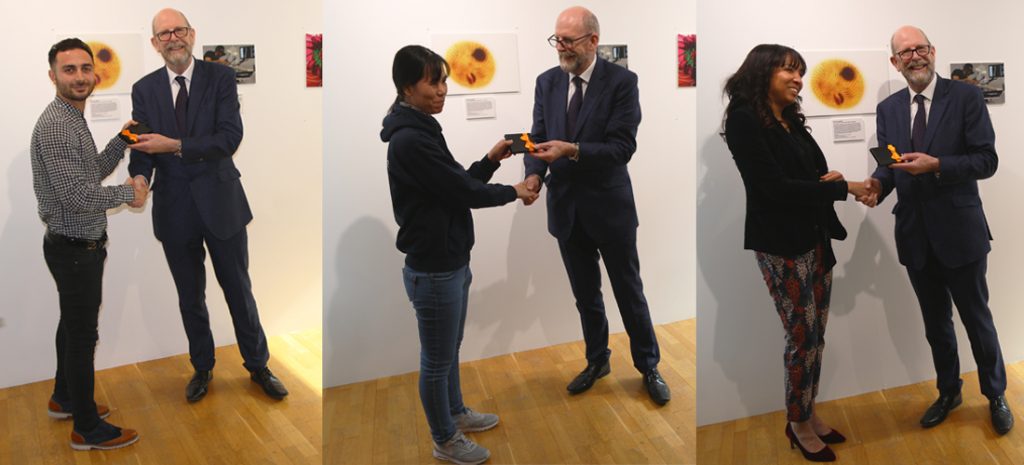
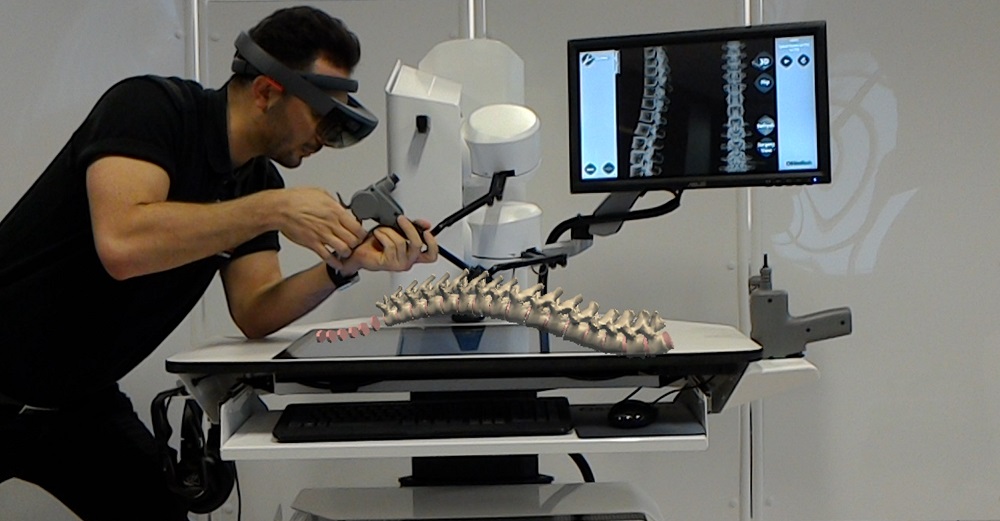





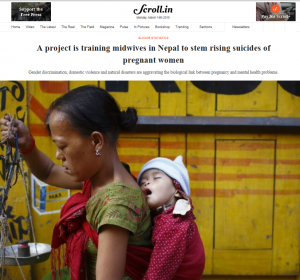

 The awards ceremony for this year’s Research Photography Competition is taking place on Tuesday, 20 March from 1-2pm.
The awards ceremony for this year’s Research Photography Competition is taking place on Tuesday, 20 March from 1-2pm.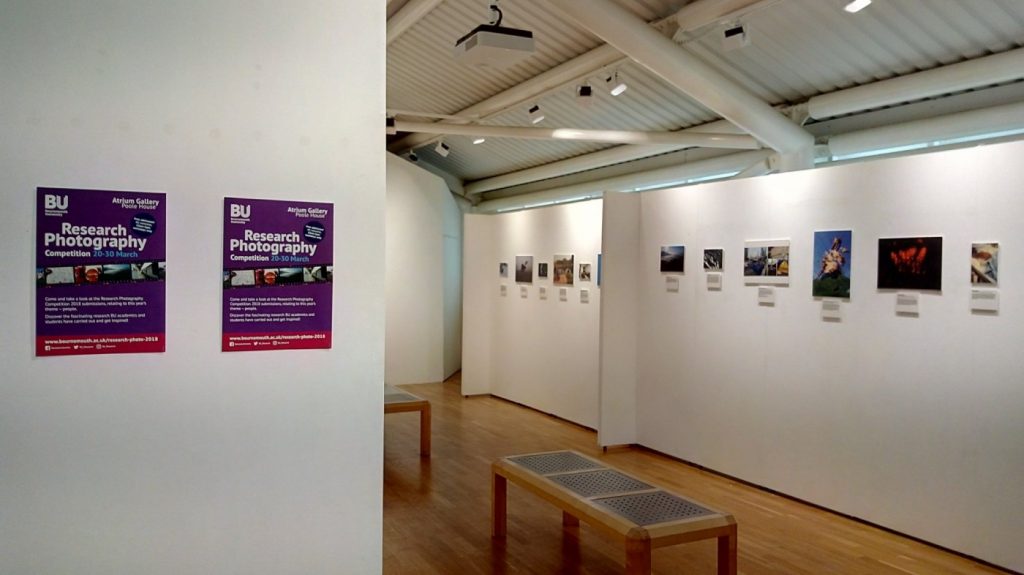

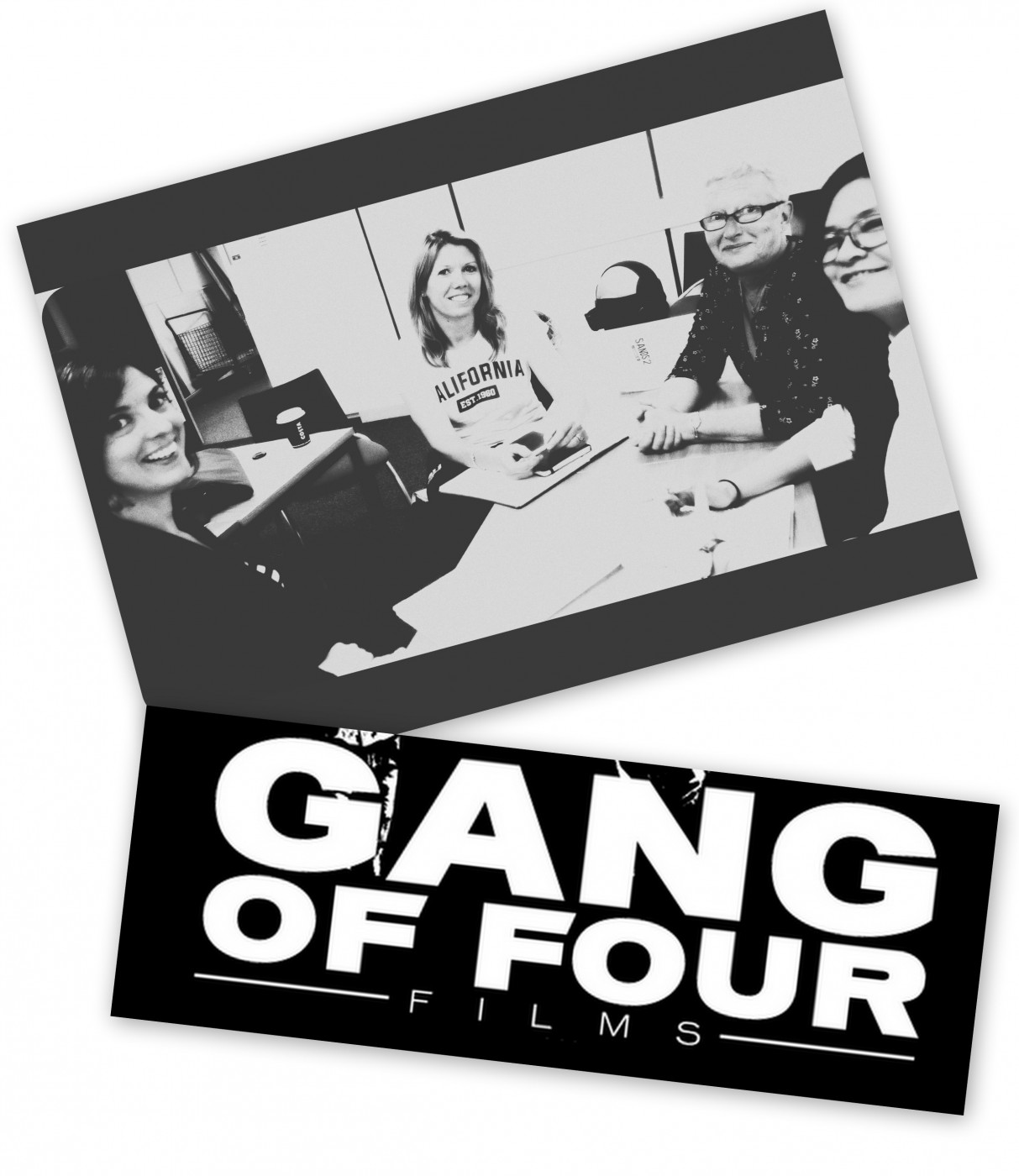












 Expand Your Impact: Collaboration and Networking Workshops for Researchers
Expand Your Impact: Collaboration and Networking Workshops for Researchers Visiting Prof. Sujan Marahatta presenting at BU
Visiting Prof. Sujan Marahatta presenting at BU 3C Event: Research Culture, Community & Can you Guess Who? Thursday 26 March 1-2pm
3C Event: Research Culture, Community & Can you Guess Who? Thursday 26 March 1-2pm UKCGE Recognised Research Supervision Programme: Deadline Approaching
UKCGE Recognised Research Supervision Programme: Deadline Approaching ECR Funding Open Call: Research Culture & Community Grant – Apply now
ECR Funding Open Call: Research Culture & Community Grant – Apply now ECR Funding Open Call: Research Culture & Community Grant – Application Deadline Friday 12 December
ECR Funding Open Call: Research Culture & Community Grant – Application Deadline Friday 12 December MSCA Postdoctoral Fellowships 2025 Call
MSCA Postdoctoral Fellowships 2025 Call ERC Advanced Grant 2025 Webinar
ERC Advanced Grant 2025 Webinar Update on UKRO services
Update on UKRO services European research project exploring use of ‘virtual twins’ to better manage metabolic associated fatty liver disease
European research project exploring use of ‘virtual twins’ to better manage metabolic associated fatty liver disease